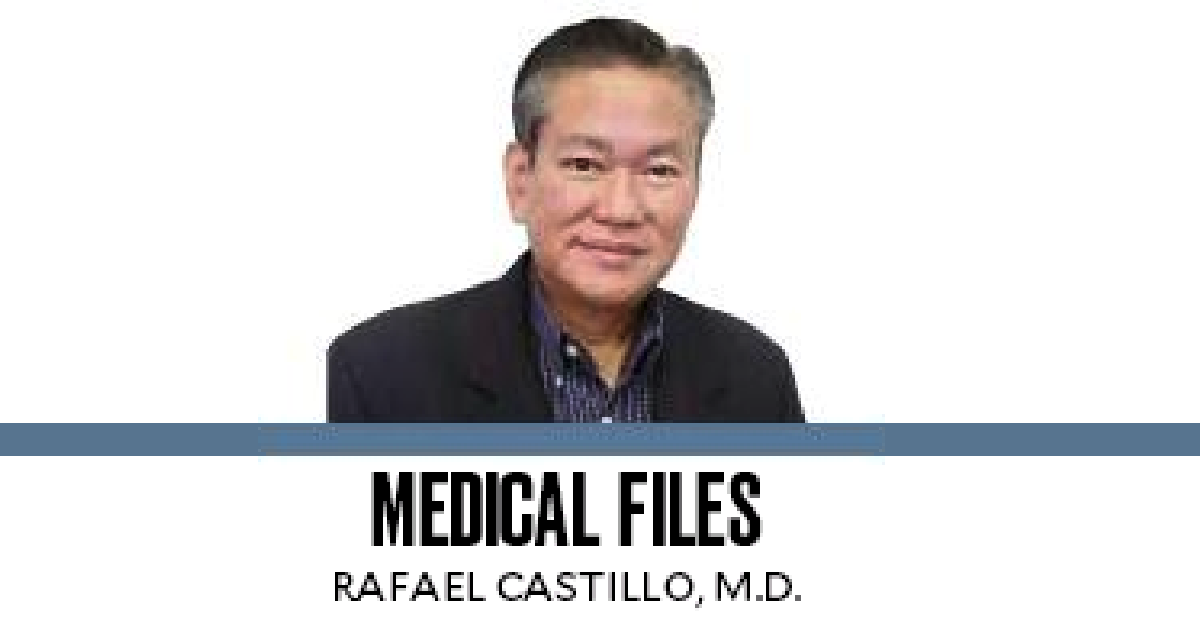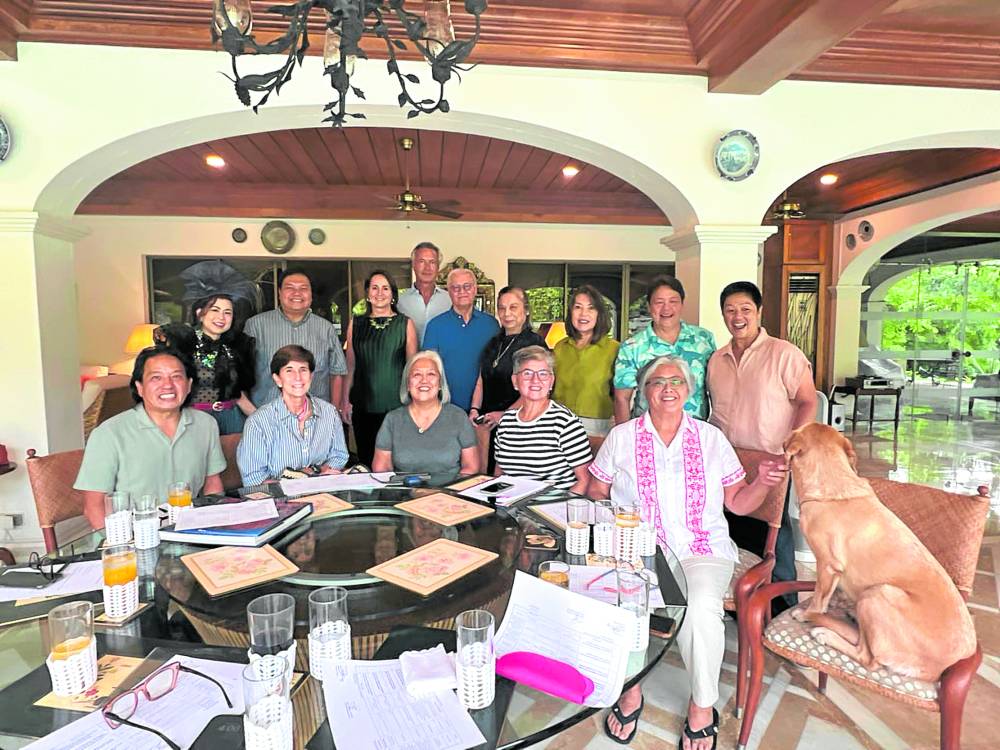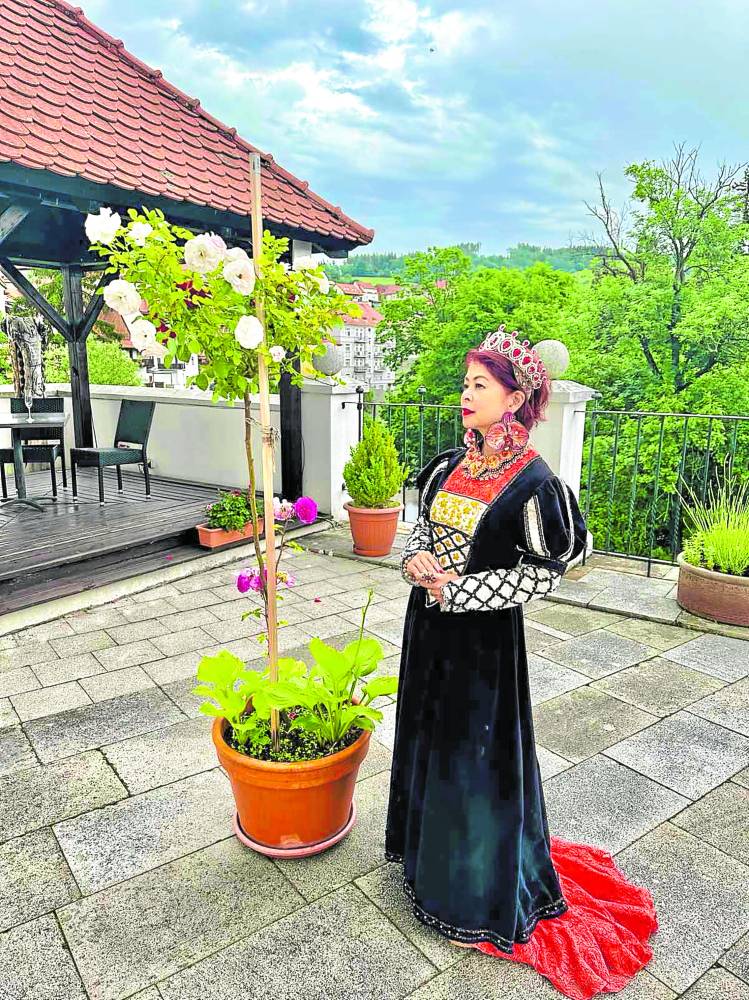(Conclusion)
T wo weeks ago, the Royal Australian College of General Practitioners (RACGP) sounded the alarm about the increase in sudden deaths which they labeled as SADS (sudden adult death syndrome).
This prompted them to develop the country’s first SADS registry to find out how serious the problem is, what’s causing it, and how it could be prevented. They didn’t attribute it to the anti-COVID vaccination, but a few observers noted that it’s difficult to disregard it as a possible cause. The phenomenon was described as a “mysterious syndrome that has left Australian doctors searching for answers.”According to an official statement of the RACGP, SADS usually occurs in apparently healthy adults under 40 years of age, wherein no definite cause could be established even after autopsy or postmortem examination.
Cardiologist and researcher Dr. Elizabeth Paratz from the Melbourne’s Baker Heart Institute explained that these unfortunate victims had the cardiac arrest “with no cause found on the back end.”
There is none of the typical blockages of the heart arteries, or death of the heart muscles (infarction) which may be expected in those who have sudden cardiac arrest. The most logical explanation is that the heart developed potentially fatal irregular heartbeat (arrhythmia) which could lead to sudden arrest.
Diagnostic challenge
Dr. Paratz echoed the dilemma of her international colleagues about SADS remaining a diagnostic challenge because the majority of these SADS deaths—around 90 percent—occur outside the hospital, and the victims don’t reach the hospital alive. They’re proclaimed DOA (dead on arrival).
So, only around 10 percent reach the hospital emergency room and could have a fighting chance to survive. “We only see the tip of the iceberg ourselves,” said Dr. Paratz in a media interview.She explained it’s different when one dies suddenly due to a heart attack. “If someone has a heart attack and you do an autopsy, you might see a big clot—that’s a positive finding—but when someone’s had one of these SADS events, the heart is pristine (normal),” she said. “It’s really hard to know what to do.”Because most of the SADS victims are apparently healthy adults, and they die without reaching the hospital, the available data is still sparse. Based on this limited data, these asymptomatic and seemingly healthy adults, who may be predisposed to have a SADS event, may be identified by the following: a family history of a SADS diagnosis or sudden unexplained death of a family member, fainting (syncope) or seizure during exercise, or when excited or startled, and on-and-off palpitations. These palpitations may precede the fainting spells.
According to the Australian data, more than 50 percent of the 4,000 annual SADS deaths in the country have shown one of these warning risk factors or signs.So one must have a high index of suspicion. The problem is that usually the symptoms are trivialized and attributed to something else.
We had one young professional in his 30s who had occasional feelings of faintness and giddiness, which he thought was just due to fatigue and lack of sleep. Fortunately, he was at a mall quite close to a hospital, when he had his cardiac arrest, and another shopper nearby knew how to do cardiopulmonary resuscitation (CPR).
CPR as basic skill
The alarming increase in SADS cases in many countries highlights the importance of CPR as a basic skill everyone must learn. You’ll never know when you can play angel to someone who develops sudden cardiac arrest. It might be a loved one at home, an officemate at work or a complete stranger you encounter anywhere.
The Philippine Heart Association conducts free CPR workshops for those who are interested (tel. 0917-3172031).
A very similar SADS phenomenon has also been observed in other countries but it may just be called by another name. In Europe, it’s called sudden arrhythmic death syndrome.
Here, researchers from the Concerned Doctors and Citizens of the Philippines (CDC Ph) have also reported an unexplainable incidence of excess deaths including sudden cardiac death, which was observed to have coincided with the vaccine rollout.
No one can say for sure if it’s vaccine-related, but it warrants a more thorough study, which the government must initiate. Dismissing these excess deaths outright as simply COVID-related may deprive potential victims the benefit of being forewarned.
We reiterate that it may be too premature to link these sudden deaths to the vaccines, but if our health experts keep on conveniently ignoring it without doing a thorough investigation, then there’s no way we can stem the alarming trend.
Long COVID
The phenomenon has actually been observed even in seniors and elderly, who were previously doing well and stable on treatment, but suddenly deteriorating rapidly and dying within a few weeks. This really warrants thorough study.
During the huddle with the Post Pandemic Med Help volunteers, Dr. Edward Tordesillas, who’s one of the pioneers of the family medicine specialty in the country, shared his cases of “long COVID,” which he attributed to anti-COVID vaccination. This was also raised in other forums by CDC Ph experts including Doctors Marivic Villa, Homer Lim, Benigno Agbayani Jr., Jade del Mundo and Romeo Quijano.
Long COVID is usually diagnosed in patients who get infected with the virus, and still manifest the symptoms (easy fatigability, shortness of breath, weakness and lack of energy) more than three months after the infection.
The CDC Ph experts believe that it may also possibly result from the vaccination. This is attributed to the spike proteins generated with vaccination which may damage the lining of arteries all over the body. Again, we don’t want to be accused of fear-mongering. But the public has a right to know that such possibilities, though said to be rare, actually exist, and may lead to serious disabilities or death in a small number of unfortunate vaccine recipients.
We have consistently advocated even before the rollout of vaccination last year that vaccination should be promoted but NOT be made mandatory. At most, it should only be made mandatory to those who really stand to benefit from it, namely the elderly and immunocompromised.
For the low-risk population, which most children, teenagers and healthy adults are, vaccination should only be administered voluntarily, after one is informed in detail on the benefits and potential side effects including rare deaths. We don’t understand why COVID vaccines, which are still considered experimental drug products, should be considered an exception.
Disregarding the public’s will and personal informed choice is against the precepts of true public health service.














































